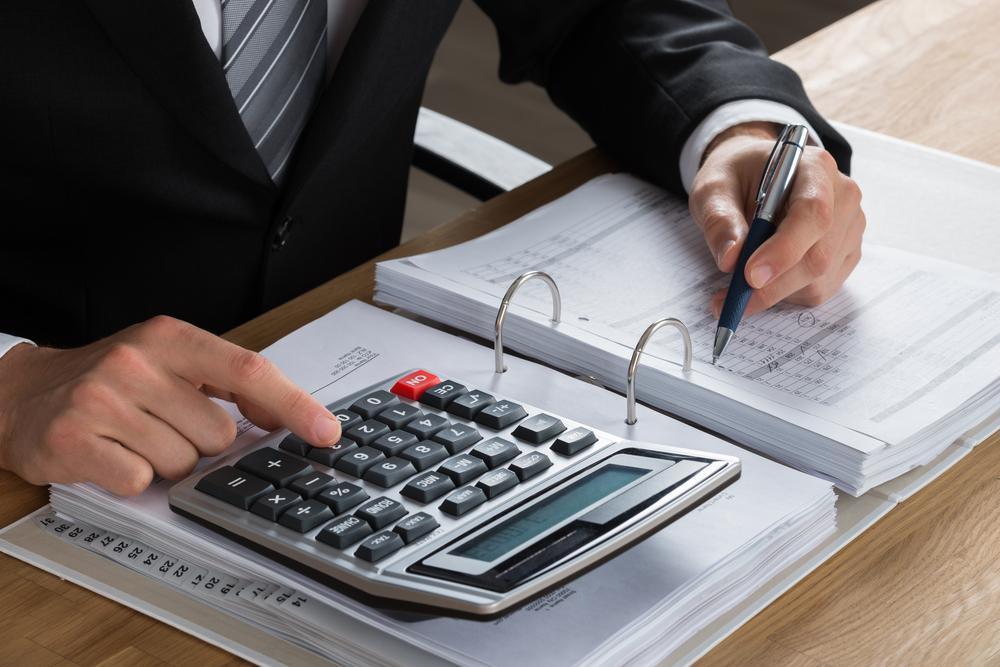6 Things That May Happen If You Don’t Pay Your Taxes
While most people regularly meet their tax obligations, there are always a few who may discreetly evade their taxes. Non-payment of taxes falls under tax non-compliance; activities such as tax avoidance, tax reduction through legal means, and tax evasion (also called as the criminal non-payment of tax liabilities) come under tax non-compliance. Along with these unfavorable activities, misreporting is also a major aspect of tax non-compliance, which is covered by US laws.

You Might Also Like : 22 Most Overlooked Tax Deductions
If you are a business, tax non-compliance can lead to serious consequences such as a change in your company’s legal status, which can be detrimental to your business. This can expose your business to lawsuits, audits by government agencies, and the imposition of fines or even dissolution of your business. The following are the six effects of tax non-compliance:
- If you do not file your income tax returns, you will be charged a penalty of 5% of the unpaid taxes charged for every month that your returns continue to be pending. If the delay exceeds two months, the penalty gets converted into a fixed amount of $135, or 100% of the unpaid taxes, whichever is lower. Not filing tax returns is often the first sign of tax non-compliance.
- Some people do file their returns but miss out on paying the tax. In such cases, a failure-to-pay penalty will be levied by the IRS. Although this is lower than the failure-to-file penalty, at 0.5% of unpaid tax amount, you must remember that an additional interest also gets added to the unpaid tax amount, which is payable by you.
- If you have unpaid taxes in the present year but are due for getting refunds for previous years, the refund would be blocked by the IRS until your current dues are paid. The blocking of tax refunds can become a major problem if your financial planning isn’t stable and sustainable enough.
- Your property could come under the scanner, and a tax lien could be clamped on the property until your taxes are paid. This will prevent you from selling your property and also from taking a loan against the property. With many people using their property as collateral for the loans (educational or home loan) they take, the blocking of property and clamping by the government could lead to a huge problem.
- If the lien also doesn’t result in the taxes getting paid, then the IRS will seize your property. This is even worse than a lien because the property would be auctioned off at less-than-ideal rates, and the proceeds would be used to pay your tax dues.
- On top of all these charges, fines, and the loss of property and income, the final penalty would be the pressing of criminal charges against you. With criminal charges on your record, it can cause you a lot of problems with respect to your employment status.
Keep yourself updated with the latest on Taxes . Like us on Facebook and follow us on Twitter for more on Investments.